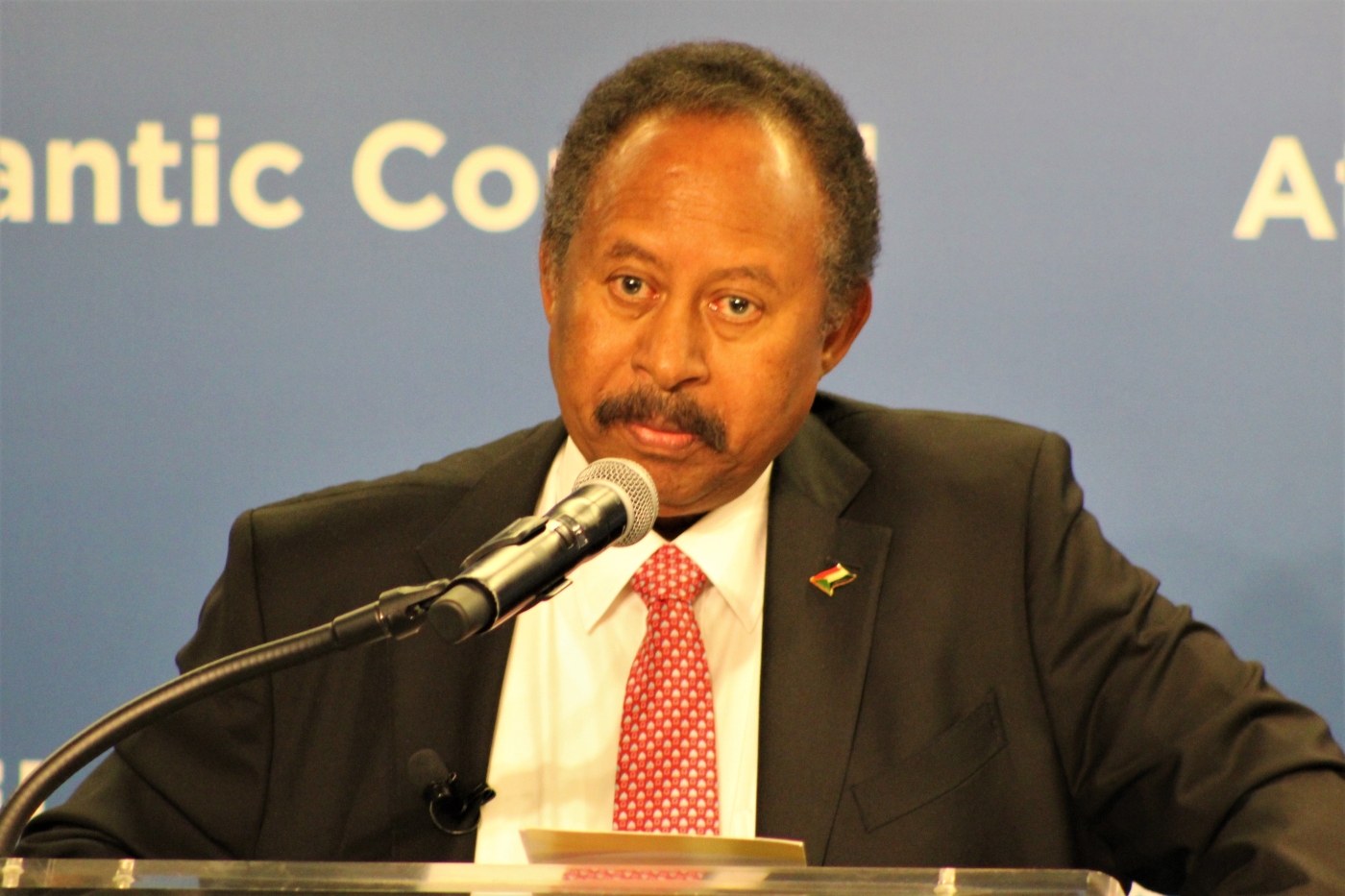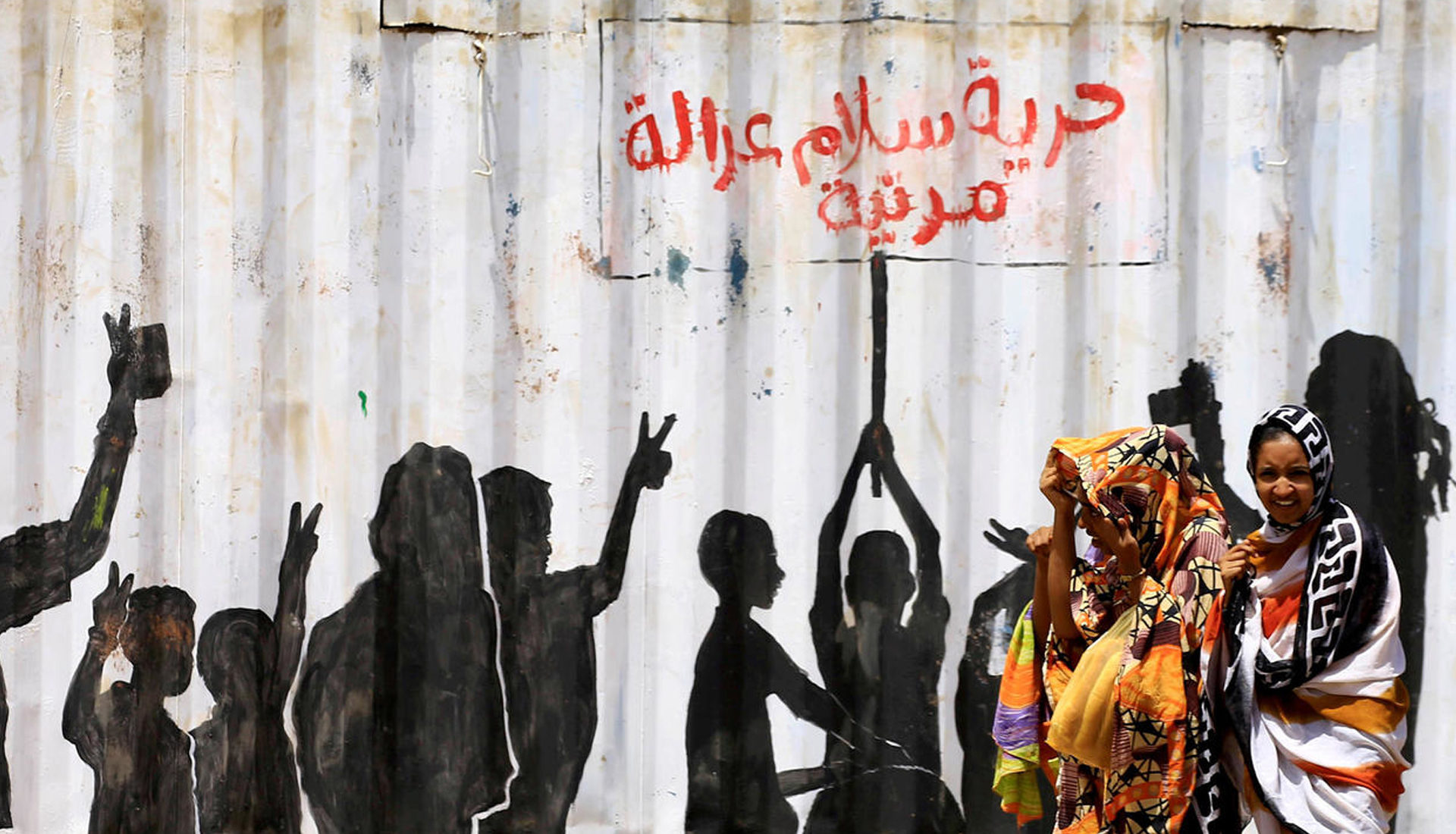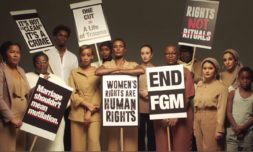The volatile African nation has now officially banned FGM, apostasy laws, and allows the consumption of alcohol by non-Muslims.
After the ousting of Sudan’s former military-commander-cum-President Omar Al-Bashir last year, the country’s ad-hoc government has passed several long-awaited laws that promote a shift towards more democratic values.
According to Sudan’s current Prime Minister Abdalla Hamdok, and justice minister Nasredeen Adbulbari, Sudan is officially banning Female Genital Mutilation (FGM), scrapping its apostasy law which prohibits religious conversation from Islam, and allowing non-Muslims to drink alcohol in private spaces.
Hamdock, whose currently heading up an awkward coalition of representatives from the military and civilian groups who worked together to oust Al-Bashir, has said that the laws are intended to ‘advance the performance and execution of the transitional period’s missions and respond to accelerated economic and social changes.’

Whilst these laws are currently only notional, and it will take a lot more than a few decrees to change centuries of cultural traditions, they nevertheless signal the intent of Sudan’s new government to err towards Western democratic values rather than allow the country to fall further into militant Islamism.
The nation these laws gesture towards is a far cry from the Sudan that the world saw descend into civil war a few decades ago, and from the one that Al-Bashir led in the 20 teens. Since the former President Jaafar Nimeii introduced Islamic law in 1983, throwing bottles of whisky into the Nile in a perversion of the US tea party independence movement, alcoholic drinks have been banned in Sudan, and the practice of ‘takfir’ meant that citizens could declare their peers apostate (non-Muslim), for which the punishment was death.
Moreover, FGM has long been an issue in Sudan, as it is for most North African nations. A UN-backed survey estimated that up to 87% of Sudanese women and girls between the ages of 15 and 49 have undergone some form of FGM. Most are subjected to the most extreme form of mutilation, infibulation, which involves the nearly complete sewing up of the vaginal opening to be torn open by a bride’s husband on their wedding night.
In his statement, the justice minister declared that FGM ‘degrades the dignity of women’, and the practice will now be punished by up to three years in prison.

Whilst civil rights activists argue that the real battle in transitioning countries in these regions to truer forms of democracy will not be fought in the law courts but in the arena of private and cultural attitudes, the passing of these new stipulations stirs hopes for a stronger protect of civil liberties in a country that was until recently a hotbed of extremist values and violence.
The country has recently made a series of moves that have surprised international observers with its strong stance against Al-Bashir’s form of uncompromising rule, including putting Al-Bashir himself on trial for corruption, charges of genocide, and crimes against humanity.
Whilst ethnic and sectarian conflicts will likely continue to plague a nation whose sovereign borders were artificially constructed by Western intervention, throwing a mix of sub-Saharan African, Christian, and Arab populations together under the same rule, a sense of legal regulations that comply with international human rights laws will at least gain Sudan legitimacy in the eyes of the rest of the world. The country is clearly bidding to be viewed as a democracy ‘developing’ towards the west, rather than see itself lumped in with other failed states in the Middle East and North Africa.

















